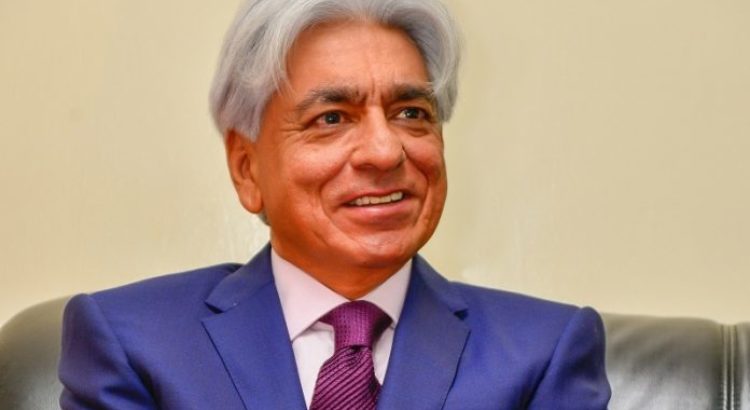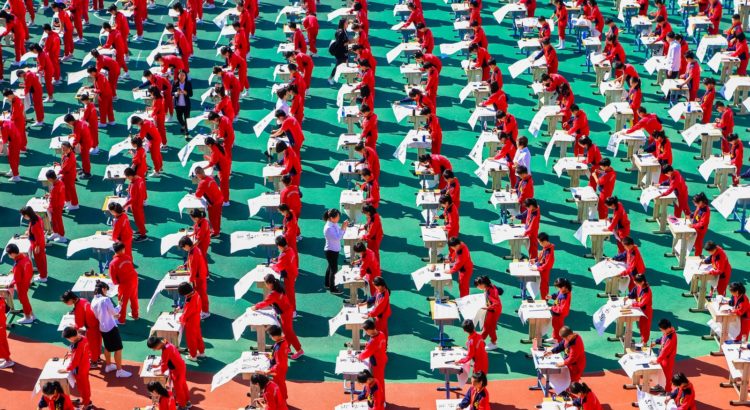Africa/Kenya/11-10-2019/Author(a): Margaret Kalekye/Source: www.kbc.co.ke
Two of Kenya’s listed companies – WPP-Scangroup and KCB Group have partnered with Strathmore Business School to launch a program that provides university students with a platform to launch their marketing communications professional careers.
The talent incubation program dubbed “The Crucible” aims at creating a sustainable talent pipeline for the marketing and communication industry and equipping students with the necessary practical skills they need to launch their professional careers.
The program kicked off in August with the launch of the inaugural Crucible National Student Marketing Competition, an industrywide initiative that brought together marketing and communication students from all major public and private universities around the country to create an integrated marketing communication campaign for select KCB Group products.
The competition will give students an opportunity to put in practice what they learn in their advertising, public relations, marketing research and digital marketing classes.
The winning team will walk away with paid internships with a WPP-Scangroup agency of their choice and a purchase offer from KCB to commercially develop their campaign idea.
Additionally, the winners will receive a monetary token coupled with a scholarship for an advanced course in Integrated Brand Communications from the International School of Advertising among other prizes.
Speaking during a roundtable event organized by the Strathmore Business School, WPP-Scangroup Group Chief Executive Officer, Mr. Bharat Thakrar said that the partnership will help promote the industry, build skills and create a future pipeline of talent.
“Our most valuable business asset are the people working within WPP-Scangroup. Their insights, ideas, inputs and executions have helped our clients sustain and grow their business over the years,” said Mr. Thakrar.
Speaking on behalf of Strathmore Business School, The Head of Marketing Faculty Dr. James Njuguna said: “Employers often complain about universities producing marketing and communications students with little practical knowledge to solve real-world business problems. We hope this initiative will address some of these concerns and be a training ground for students to bridge the gap between academic theory and professional practice.”
All contestant teams have undergone the first round of judging after which 5 best teams were shortlisted and will be required to present to a final judging panel and representatives from the KCB Group.
This inaugural edition of the Crucible National Student Marketing Competition is also sponsored by Blaze by Safaricom, Kartasi industries and the International School of Advertising, and endorsed by the Association of Practitioners in Advertising among others.
Source and Image: https://www.kbc.co.ke/wpp-scangroup-kcb-roll-out-university-mentorship-programme/








 Users Today : 33
Users Today : 33 Total Users : 35460164
Total Users : 35460164 Views Today : 50
Views Today : 50 Total views : 3418833
Total views : 3418833